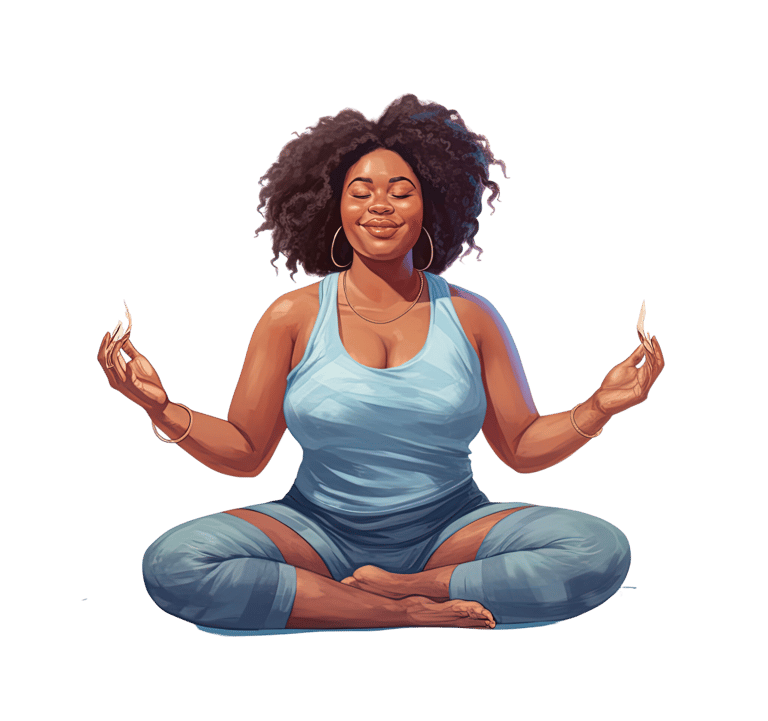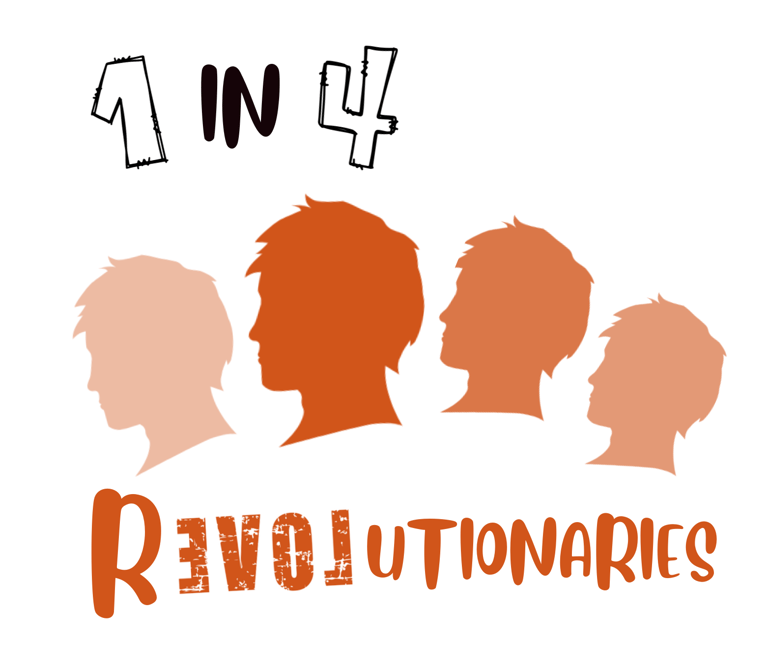Starting the Wellbeing Journey
It has been quite a journey from thinking about starting a group to connect the concept of wellbeing with the world of mental health. I decided to start by exploring the vast array of information on self-care, wellbeing, and spirituality. What immediately hit home is that this has been exploited by marketing and big business, we can help you get a better life, but there is a catch. You need to but this or buy that. Suddenly my computer was inundated with adverts for books, downloads, and shops selling the secrets of life. The terms self-care, self-soothe, spirituality, wellbeing and a lot more have been mass marketed as interchangeable terms and moved away from distinct definitions, blurring boundaries, and creating a sense that, in order to have a positive impact on your life, you must start on the path of buying wellness.
So, how do we make sense of what is out there? Firstly, by looking at the proper definitions of the terms that the marketing people band around so freely. There are distinct differences between self-care and self soothe. Self-soothe is a way of lessening the intensity of a feeling at a given moment in time. It is defined by Dictionary.com as “to comfort oneself when experiencing sadness or distress”. An example of self-soothing if you were feeling very anxious could be wrapping yourself in a weighted blanket to make you feel safe and secure.
Self-care is a very broad term which the BBC Bitesize suggests that it is anything you do regularly to look “after yourself physically, emotionally, and socially. There are many forms of self-care, from making sure you get enough sleep or are eating well, to taking up a hobby that helps you to relax”. A more psychologically informed definition of self-care could be “Real self-care has little to do with indulging in goods and services. It starts from within, from your thoughts, your experience of moments, and through reflection, knowledge, and exercise of these to gain a sense of self, of calm and build a more accepting and resilient life. Whereas self-soothing using goods and services is about marketing the message of “do this thing right now and you will feel better”.
There is a proliferation of hyphenated compound “self” words, self-love, self-worth, self-value, self-confidence, self-reliance etc. A quick search on Google for “self-care” brings up 5,840,000,000 in 0.35 seconds, on Bing search engine the same search provides “About 271,000,000 results” as people tag self-care into every possible item. That is even before you tackle social media and their influencers, from Tik-Tok to Instagram, all peddling their own brand of commercialised self-care. Where do we even start? Turn to the government and we find that self-care is the new fad of politicians. Moving away from corporate and government responsibilities for looking after people, onto the concept of self-responsibility for care. It has become a political hotbed with people being blamed for their health status. Terms like the “nanny state”, and “the costs of welfare benefits” pile pressure on people to achieve good physical and mental health. This has been exploited by the corporate masses and created a vacuum between those that can afford the perceived way to wellbeing and those who cannot. It places a sense of moral blame on latter group of people who find themselves increasingly marginalised.
Then we come to what a lot of people see as a divisive term, “Spirituality”. For some this conjures up thoughts of going to church every Sunday, regular prayers and “doing the right thing”. But this is where there is a confusion between spirituality and religion. For me Spirituality is that search for inner knowledge and greater connection with your truest self, those around you, and the impact of your life on others and the planet. This might evoke an image of long-haired hippy clothes smoking weed to seek the holy grail of true enlightenment. The reality is far from that. To be spiritual is to gain insight into what makes you unique, what helps you be the best and most honest version of yourself and through this how you relate to others.
Lastly, we come to “Well-Being” which is defined by dictionary.com as “a state of happiness, being pleased and content, low degrees of anguish, generally positive physical and cognitive health and attitude, or good quality of life”. That to me is the goal of self-care in its truest self. However, I am forced to ask myself, am I chasing an elusive silver lining in a difficult, chaotic, and often overwhelming life? A mystical pot of a higher self that is found at the end of the well-being rainbow. Or can this journey into self-exploration, self-care, and reflection lead to a genuine sense of hope, purpose, and emotional balance. Either way, I know that detaching myself from the mass marketing of self-care and well-being is an essential step to a gaining a better understanding of myself and what is important to me.


